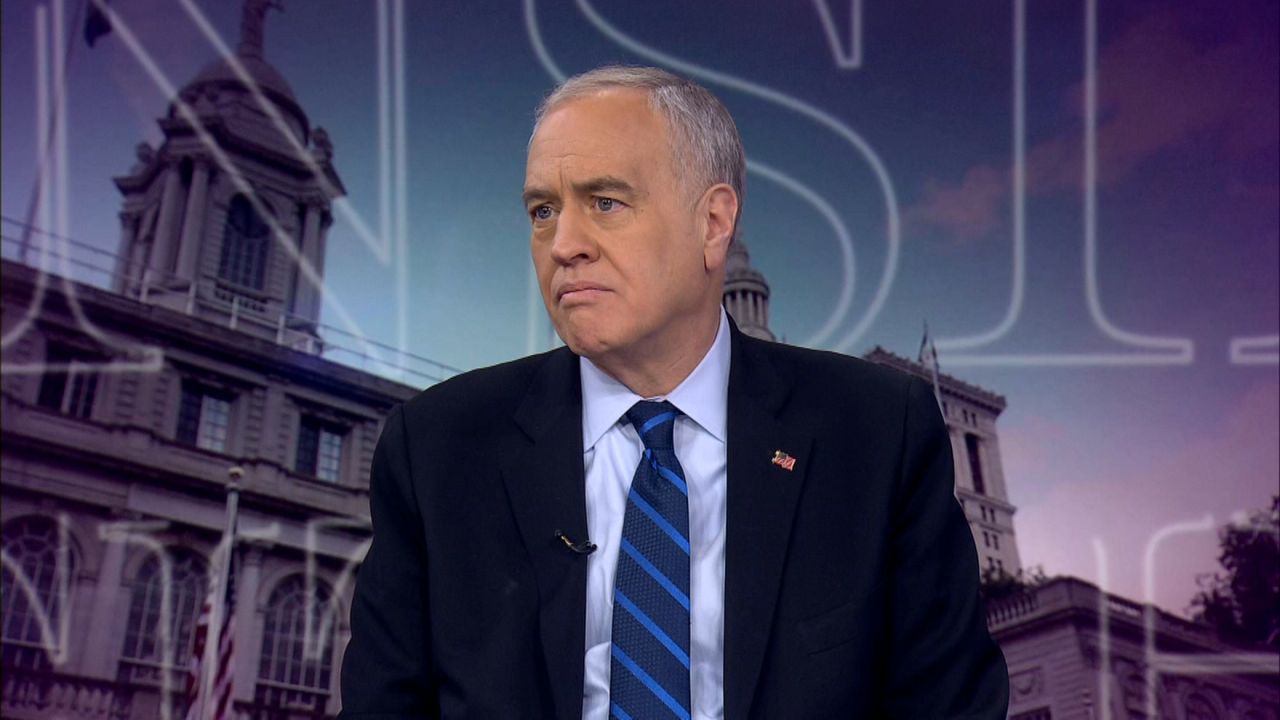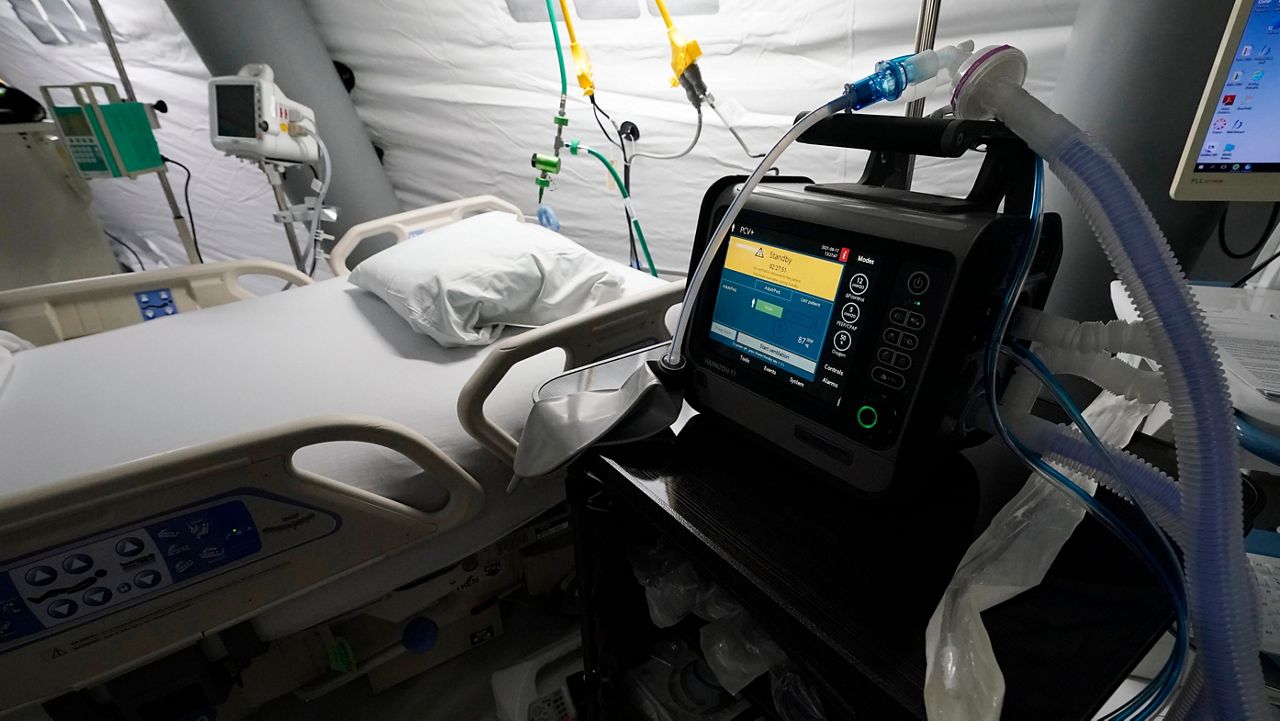A new audit by state Comptroller Tom DiNapoli finds young children with disabilities aren’t getting all the support services they’re entitled to.
DiNapoli is calling on the state Department of Health to improve its Early Intervention Program and even the playing field for all children with disabilities.
It’s the health department’s responsibility to make sure kids with disabilities are identified early and referred to the Early Intervention Program.
What You Need To Know
-
According to a report by state Comptroller Tom DiNapoli, thousands of children with disabilities are not receiving early intervention services they're entitled to
-
Black and Hispanic children were less likely to be referred to the program compared to white children, DOH data shows
-
DiNapoli found that nearly a quarter of providers listed on the Early Intervention Program website did not offer any services
Children under the age of 3 who either have a disability or developmental delay can undergo speech therapy, physical therapy, psychological services, and other programs.
Under the law, kids must be evaluated for those services within 45 days after being referred to this program. They should then get an individualized plan and begin receiving those services within 30 days. But unfortunately, that doesn’t always happen.
From July 2018 through February 2022, about 189,000 children with disabilities were referred to the program statewide. Nearly 152,000 were evaluated and 98,000 of them were deemed eligible to get services.
Of the 95,000 children who did get an individualized plan, more than half did not get all the types of therapeutic services they were entitled to.
The state health department says parental consent is the main problem here. Officials say sometimes they were not able to reach a parent or there weren’t enough service providers.
Parents also have the right to reject these recommendations at any time for any reason. DiNapoli also found that nearly a quarter of providers listed on the Early Intervention Program website did not offer any services.
According to a report from DOH, from July 2017 to June 2020, Black and Hispanic children were less likely to be referred to and evaluated for the Early Intervention Program compared to white children. Black children were also less likely than white children to receive therapeutic services within 30 days.
DiNapoli has a few recommendations: first, identify why some children are not receiving services or facing delays in care and improve participation. Second, improve outreach and public awareness. Third, develop an action plan to make services more accessible. Fourth, make sure the provider directory is accurate and up to date. And lastly, launch a new online system to manage the Early Intervention program.
The Health Department says it is working on connecting families with the services their children need, especially in underserved areas.








